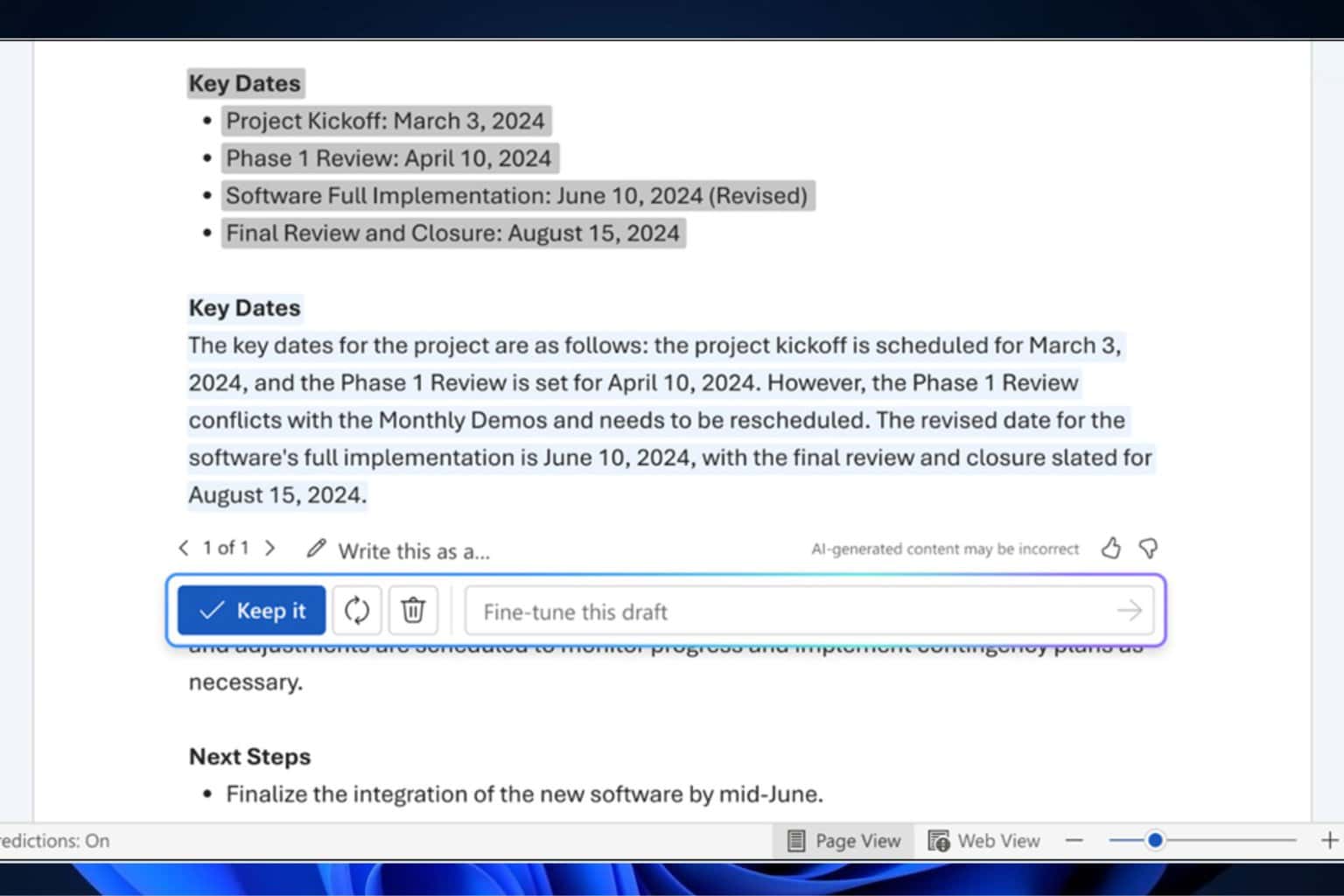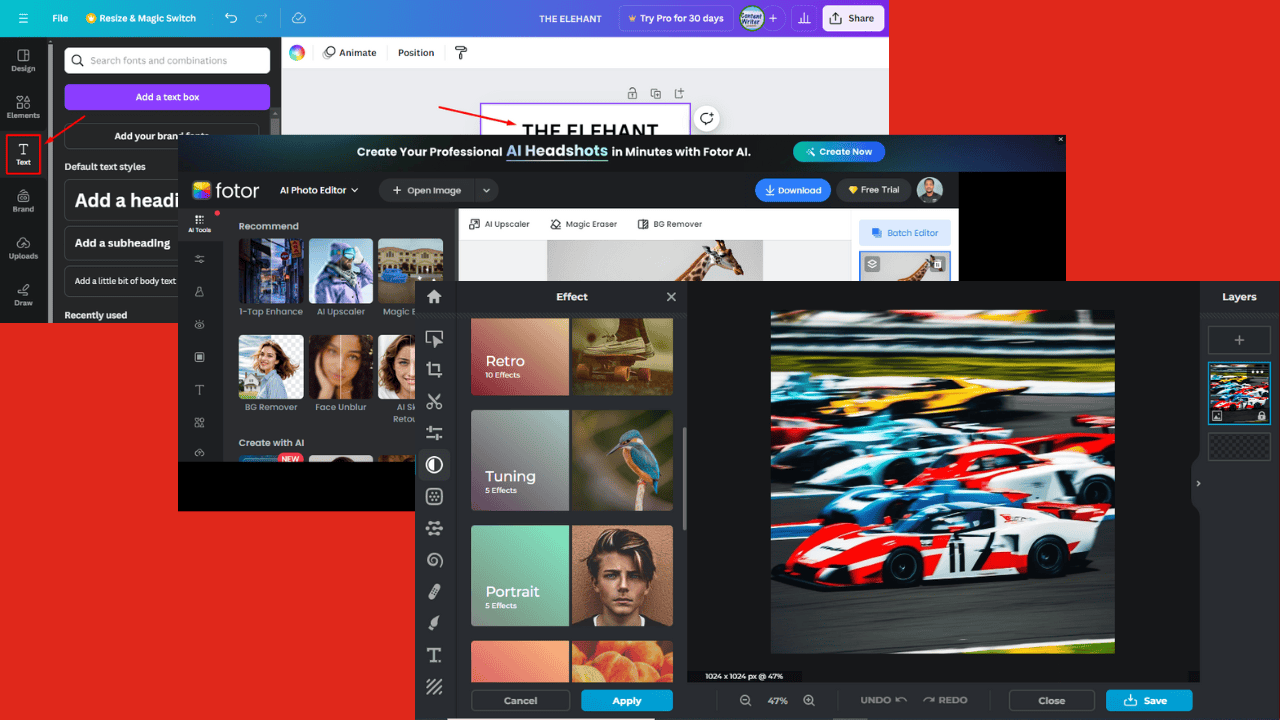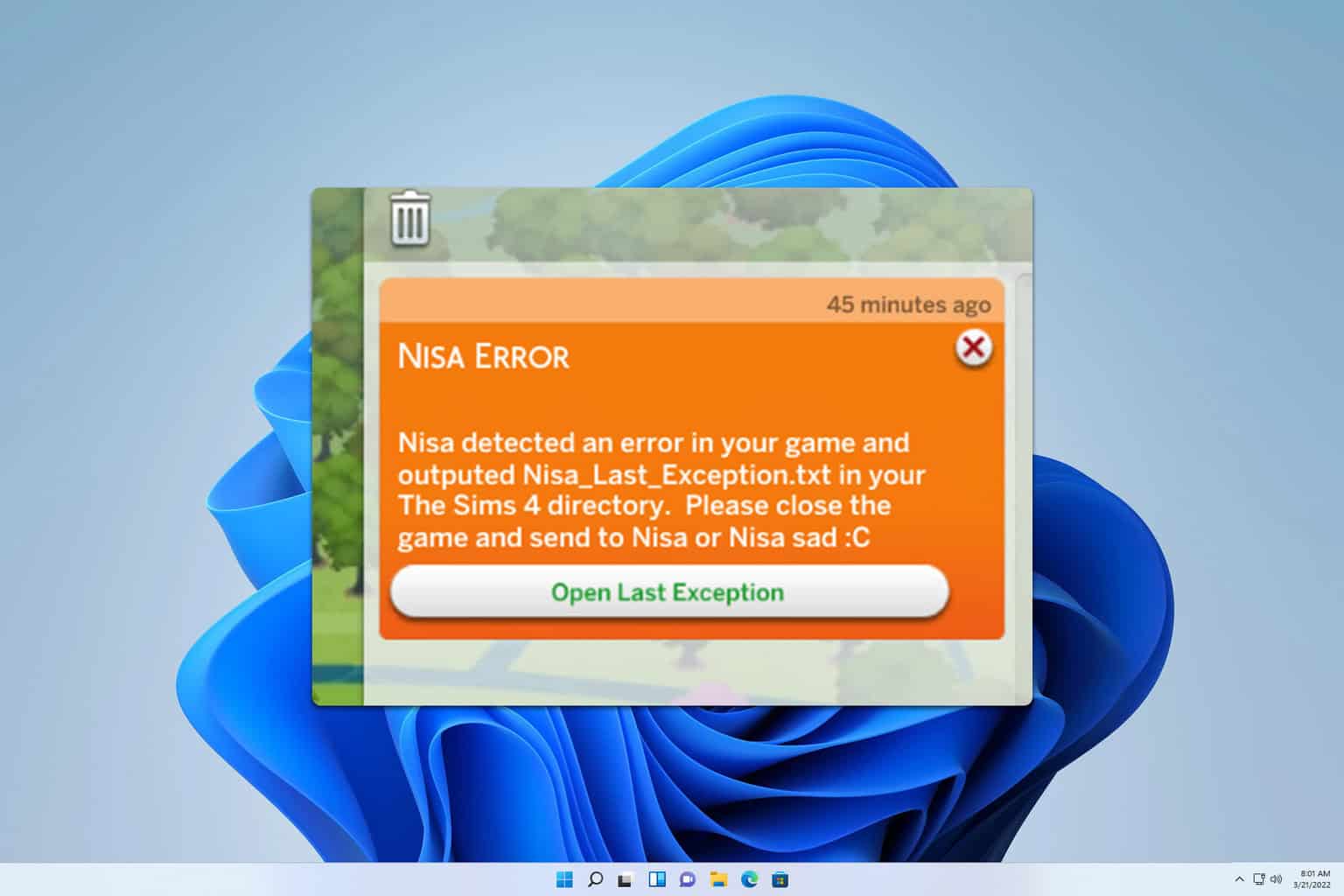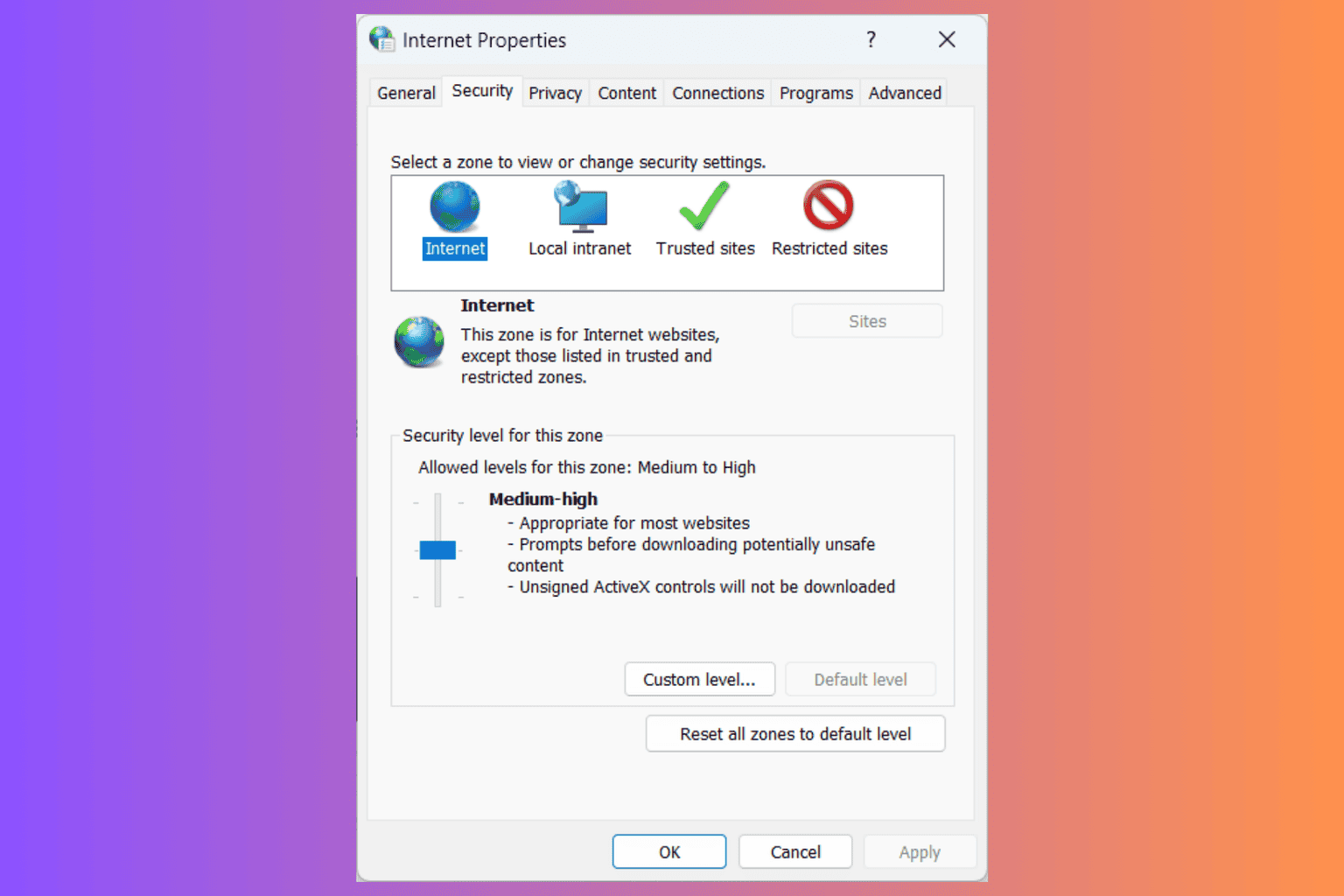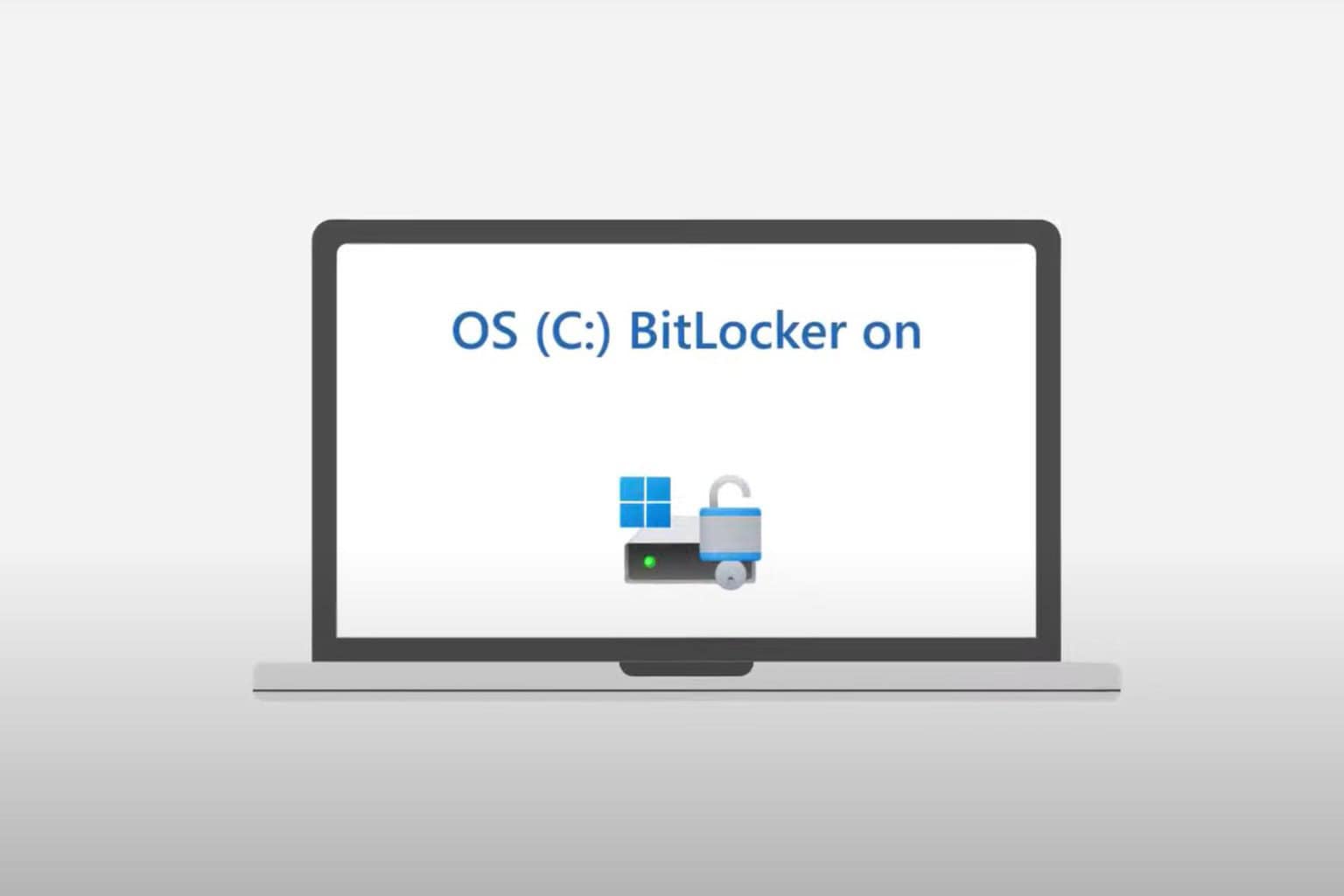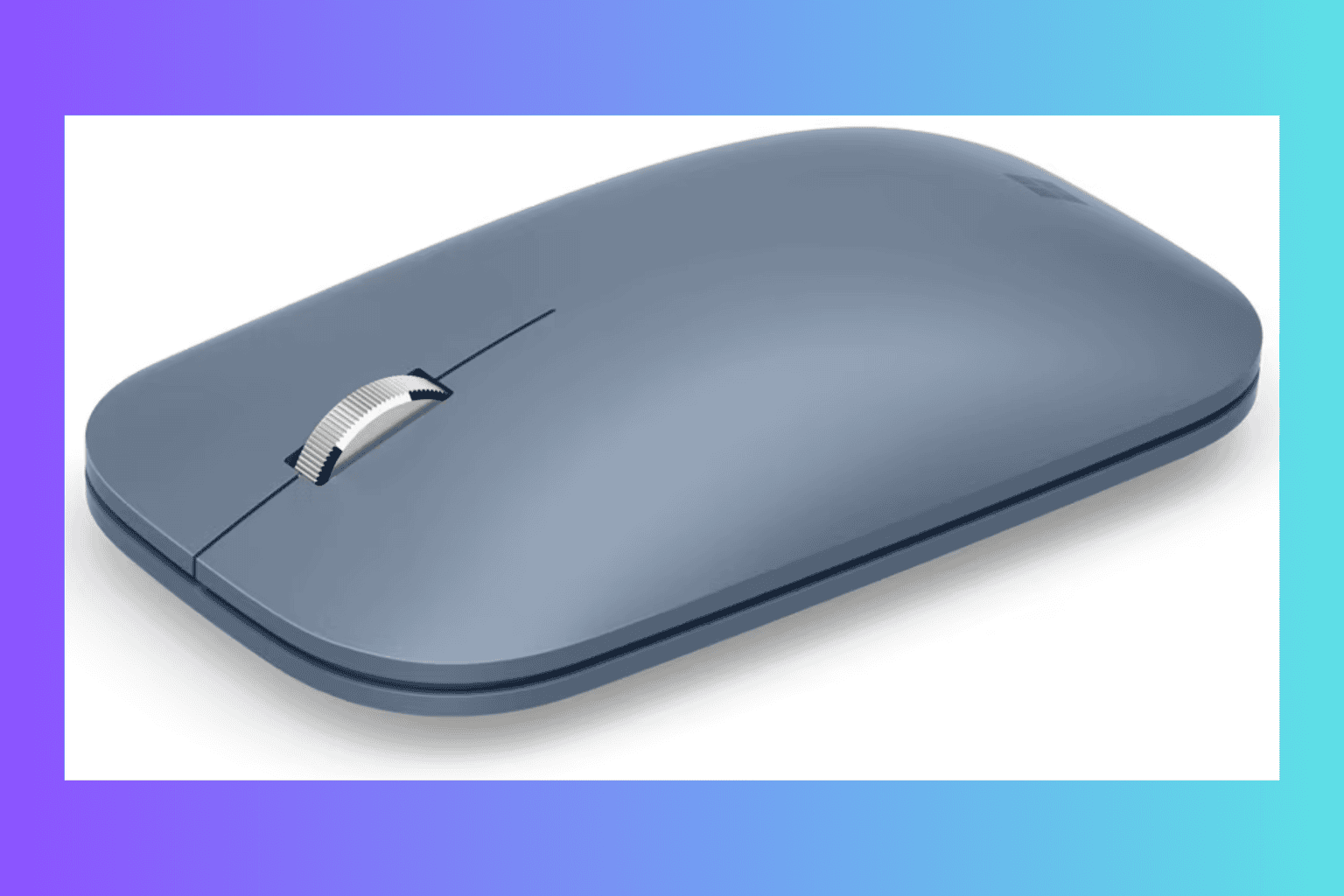AMD's latest chipset driver fixes Windows 11 CPPC2 issues on Ryzen
3 min. read
Updated on
Read our disclosure page to find out how can you help Windows Report sustain the editorial team Read more
Key notes
- AMD releases its latest chipset driver version alongside a performance patch for Windows 11.
- There was a problem with the CPPC mechanism causing the release version to not properly schedule available cores.
- There was also an L3 cache latency issue.
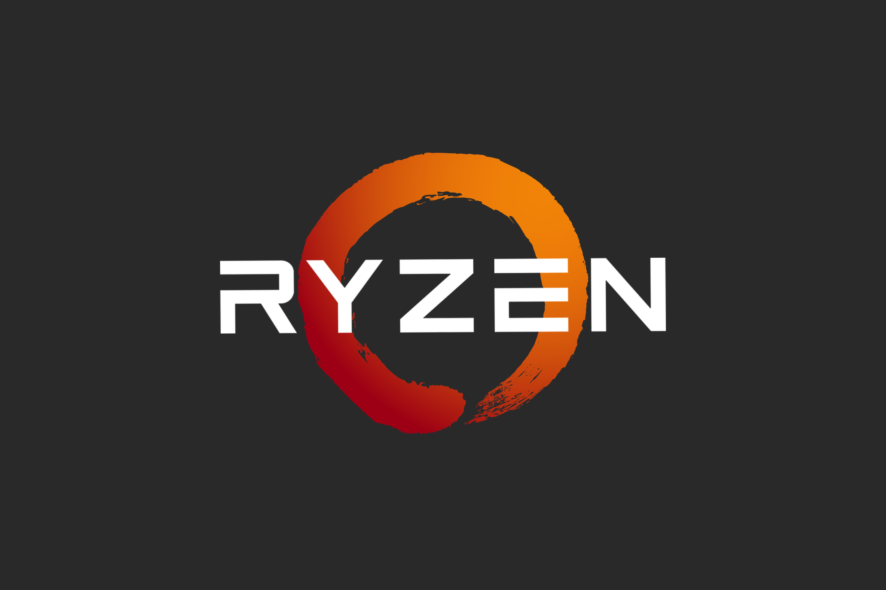
AMD Ryzen CPU users running Windows 11 are in for a treat as the company releases its latest chipset driver version 3.10.08.506.
To add onto the good news, it will be coming alongside with a performance patch for a Windows 11 issue. The OS had a problem of not properly scheduling the fastest available cores appropriately due to a Collaborative Processor Performance Control (CPPC) mechanism.
Update: Issues with Ryzen CPUs and Windows 11 persist
Yes, we all thought that Microsoft and AMD managed to fix the issue that was slowing down Ryzen processors running on the latest Redmond-designed operating system.
Waters calmed down for a while, but apparently because the tsunami hadn’t reached inland yet. This problem seems to be bigger than we thought initially because it’s back.
If you install Windows 11 while using a 5950X CPU, for example, and then change to the 5800X or really any other Ryzen CPU, the L3 latency increases even more.
So, clearly, nothing has been resolved yet. Social media platforms and forums have been flooded with complaints from people that actually noticed this behavior.
So, basically, it seems like you have to fresh install Windows 11 for every CPU change which, needless to say, is making updating our data a nightmare.
Not to mention that gaming performance drops quite significantly, sometimes by 20%. So everyone is now simply waiting for Microsoft and AMD to team up again and fight this issue off for good.
Performance issues
Applications that had not been threaded were experiencing performance issues as a result of the problems.
There was also a latency issue with the L3 cache latency particularly noted on Zen CPUs.
According to the release notes, AMD says that
- The intended function and behavior of UEFI CPPC2 (“preferred core”) in Windows 11 build 22000.189 (or newer) on AMD processors is restored.
- The chipset driver adds a new Ryzen Power Plan 7.0.3.5 that comes optimized for Windows 11 and expected to fix the CPPC2 bug.
The new driver addresses the performance issues on Windows 11, but it is also available for Windows 10 on all Zen-based systems.
The catch is that for Windows 11, the driver is only compatible with Zen+-based CPUs and newer. If you have been keeping up with Windows 11, you are aware that it comes with system requirements.
The driver also addresses an OpenGL error pop-up by installing a new AMD UART Driver version 1.2.0.113 and adds support for 4Mbps baud rate.
Known issues
Some of the known issues include;
- There is an issue with custom install failing to upgrade to latest drivers.
- There are text alignment issues on Russian language.
- A mandatory manual system restart is required on Non-English OS after completing the installation.
- Windows Installer pop-up message may appear during the installation.
- The uninstall summary log may display an incorrect uninstall status as fail on non-English OS.
- When the installer is launched and UI screen is licked, you may see a pop-up message “AMD Chipset Software is not responding”
You can download the new 3.10.08.506 chipset driver on AMD’s official site.
Let us know what you think of the driver fixes in the comment section below.


